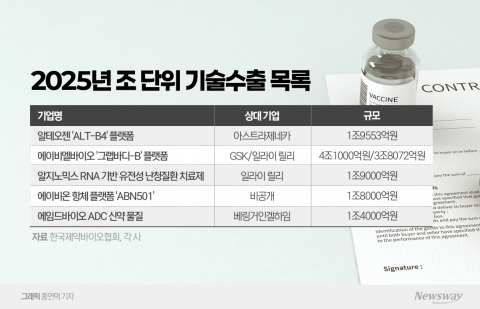
NVIDIA, the leading AI semiconductor company, brushed aside ‘AI bubble’ fears by posting record results that topped market expectations along with an upbeat outlook. The ‘high-bandwidth memory (HBM) boom’ for SK hynix and Samsung Electronics is also expected to gain further momentum.
However, the market remains wary about whether the massive data center investments by Big Tech that underpin NVIDIA growth will continue.
NVIDIA said on the 19th (local time) that revenue for fiscal 2026 Q3 (AugustOctober) hit an all-time high of 57.01 billion dollars (about 83.4 trillion won), up 62% year on year. That exceeds the market forecast of 54.92 billion dollars compiled by market research firm LSEG.
After slowing to 56% in the previous Q2, revenue growth widened again in Q3. The data center segment generated 51.2 billion dollars, accounting for 90% of total revenue. Earnings per share (EPS) were 1.3 dollars, also above the 1.25-dollar estimate.
Industry watchers regard NVIDIA results as a barometer for the sustainability of the AI boom. NVIDIA projected continued growth in Q4, guiding for 65 billion dollars in revenue.
‘100,000-won Samsung’ revival…domestic HBM-related stocks also ‘all smiles’
NVIDIA, record-breaking results
KOSPI shakes off jitters to reclaim 4,000p; SK hynix up 1.6% at the close ↑
This also surpasses the market consensus in the 61 billion dollar range. The Q4 outlook does not include sales to Chinese data centers, which have been blocked from exports due to US-China tensions.
On the day, NVIDIA Chief Executive Officer (CEO) Jensen Huang said in a press release, “Sales of Blackwell (products that apply the latest chip architecture) are explosive, and graphics processing units (GPU) for the cloud are sold out.” He added that customers are already utilizing NVIDIA chips at 100%, creating demand for more chips.
Huang said that as AI spreads across industries and countries, computing demand is surging, stating, “We have entered a virtuous cycle of AI.”
On a conference call, Huang said, “There is a lot of talk about an AI bubble,” adding, “From our perspective, we see it very differently. NVIDIA is unlike any other AI accelerator.” He emphasized that the company's products excel at every stage of AI model training and inference, and enable a transition to agentic AI and physical AI.
In a Bloomberg TV interview, he said, “Because we planned the supply chain very thoroughly, we have secured ample volumes of Blackwell to sell.”
With NVIDIA confirming robust demand, earnings momentum is also expected to continue for SK hynix and Samsung Electronics, suppliers of HBM used in AI accelerators. The two companies are expanding semiconductor production facilities to meet medium- to long-term memory demand.
However, some say these results are not sufficient to completely silence AI bubble arguments.
Kingai Chan, an analyst at Summit Insights, told Reuters, “The results and outlook beat market expectations, but investors will continue to worry about how long the increase in capital expenditures (CAPEX) by NVIDIA customers can last, as well as about ‘circular dealings’ in AI.”
NVIDIA invests in AI firms such as OpenAI, and those firms use the funds to buy NVIDIA chips; this circular dealing has drawn criticism for artificially propping up the AI frenzy.
After the earnings release, NVIDIA shares jumped more than 5% in after-hours trading. On the 20th, on the main stock market, Samsung Electronics closed at 100,600 won, up 4.25% from the previous session, while SK hynix finished at 571,000 won, up 1.60%.
The KOSPI also closed at 4,004.85, up 75.34 points (1.92%) from the previous close, helped by NVIDIA's strong results.
![[GAM]중국 '반도체株' 투자기회② '저평가+고성장주' 선택지 확대](https://img.newspim.com/etc/portfolio/pc_portfolio.jpg)

![[속보] 엔비디아, 3분기 매출 570억불… 예상치 상회](https://newsimg.sedaily.com/2025/11/20/2H0J02CEHJ_1.jpg)

